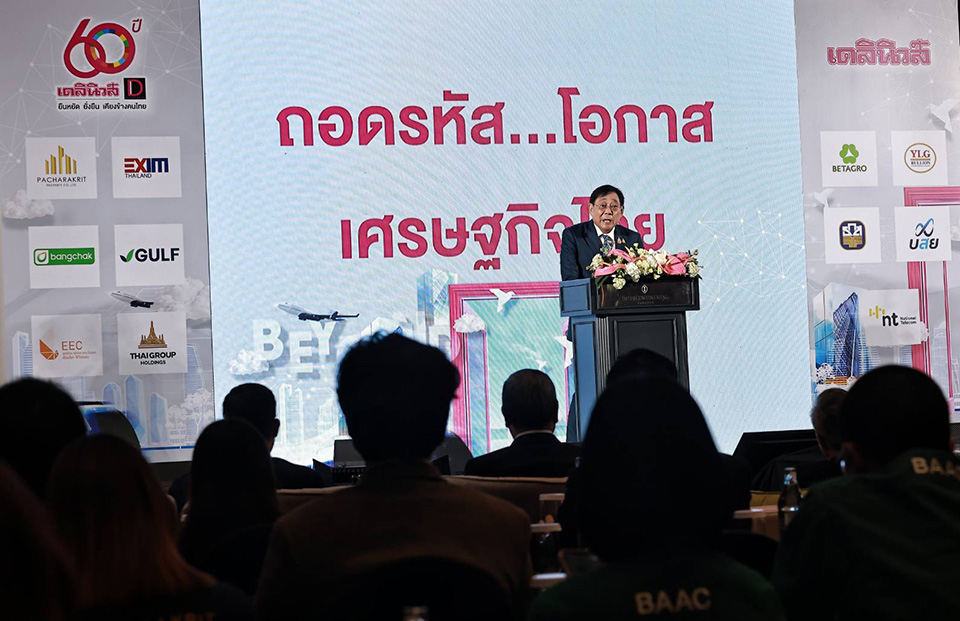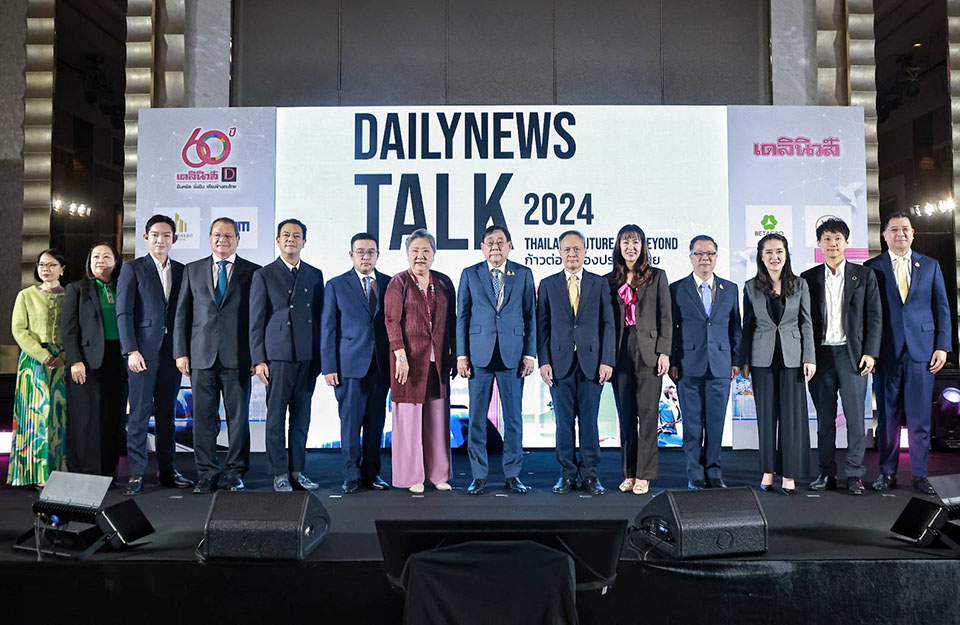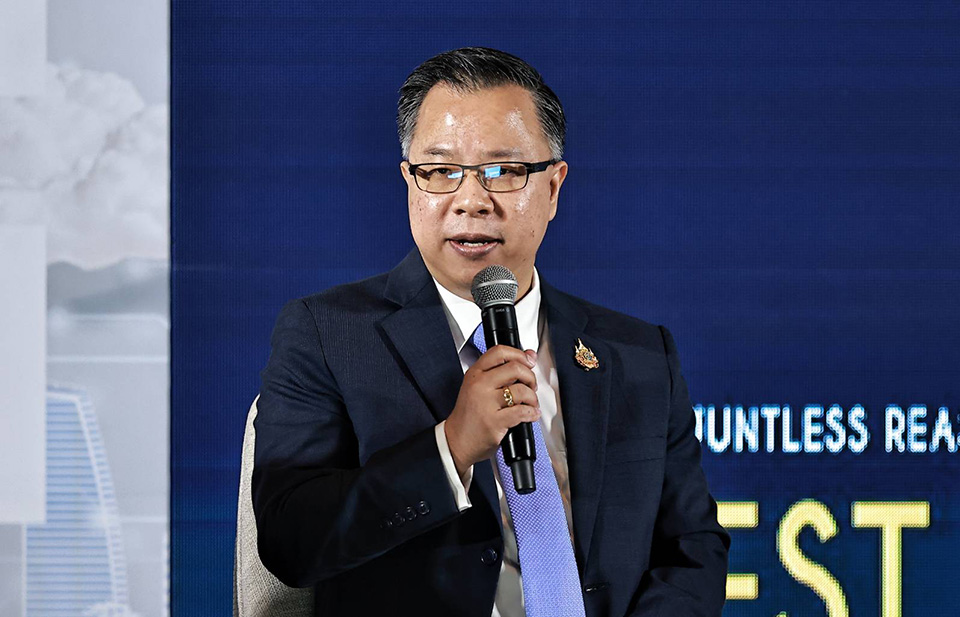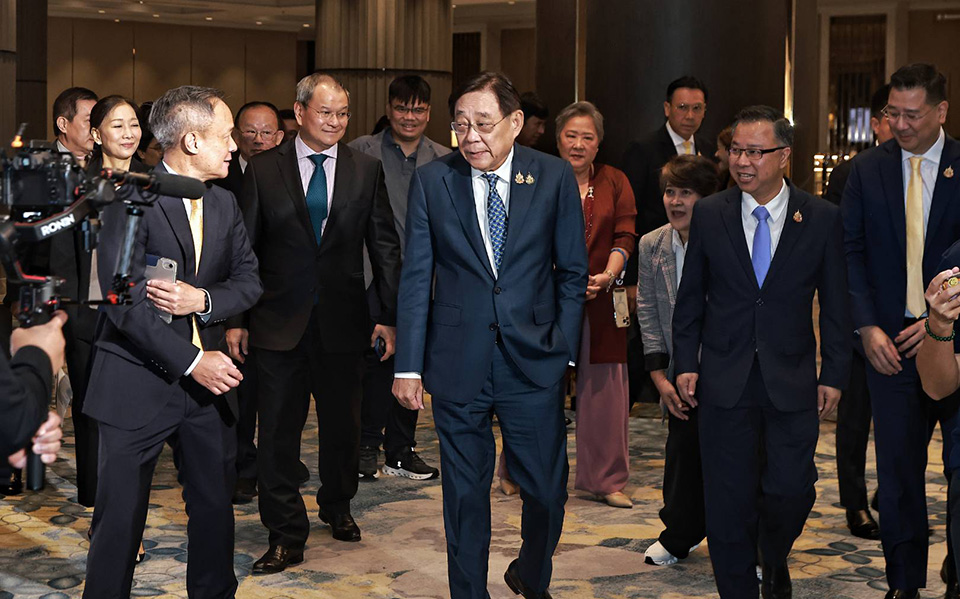
BANGKOK, Thailand – Finance Minister, Pichai Chunhavajira, discussed Thailand’s potential on the global stage and proposed allowing foreign investors to lease land for up to 99 years to stimulate investment and revive the economy.
Speaking at the “Daily News Talk 2024: Thailand’s Next Step” event on August 21 on the topic of “Decoding Thailand’s Economic Opportunities,” Pichai noted that despite a global economic slowdown and regional geopolitical conflicts, Thailand remains well-positioned to attract investment. He emphasized Thailand’s strategic location as a central hub connecting multiple regions, including the Middle East, a region home to numerous large investment funds. Additionally, Pichai highlighted the potential for expanding markets into India, which continues to experience significant economic growth.
To attract more foreign investment in large-scale projects, Pichai suggested extending the maximum lease terms for land use from 30 years to 60-70 years or even up to 99 years. He explained that land rights can be separated into ownership and usage rights, and large-scale investments typically require lease terms longer than 30 years. He also proposed creating a special-purpose vehicle (SPV) as a central agency to oversee foreign investors’ land holdings, ensuring that while investors can use the land, they cannot take ownership rights out of the country. With over 330 million rai of unused land in Thailand, Pichai sees this as an opportunity to attract investment.

To capitalize on these opportunities, Thailand must prepare land for factories and investment sites in targeted industries. Regulatory reforms are necessary to ensure that land allocation does not hinder business operations, and the government must facilitate foreign investment through improved “Doing Business” metrics. Developing a skilled workforce will also be essential to support these efforts. The National Economic and Social Development Council (NESDC) forecasts GDP growth of 2.5% in 2024, up from 1.9% in 2023. However, Pichai believes the Thai economy has the potential to grow at 3.5% with the right structural changes, despite the current economic crisis and the slowdown in exports.
In terms of the capital market, Pichai pointed to strong support from large funds like the Vayupak 1 Fund, valued at hundreds of billions of baht, and the Thailand ESG Fund, as well as continued foreign investment driven by promising returns. The Thai stock index remains stable, fluctuating between 1,700-1,800 points. Pichai stressed the importance of turning Thailand’s investment dreams into concrete, actionable results.
Narit Therdsteerasukdi, Secretary-General of the Board of Investment (BOI), added that private sector investment proposals have surged, with 1,400 projects submitted for promotion in the past year, representing a 60% increase, the highest in 10 years. The electronics sector saw the highest investment value, totaling 140 billion baht, accounting for 30% of all proposals. The BOI aims to promote “new target industries,” including battery production, electric vehicle components, and electronics, which are expected to drive private sector growth over the next 1-2 years. (TNA)










